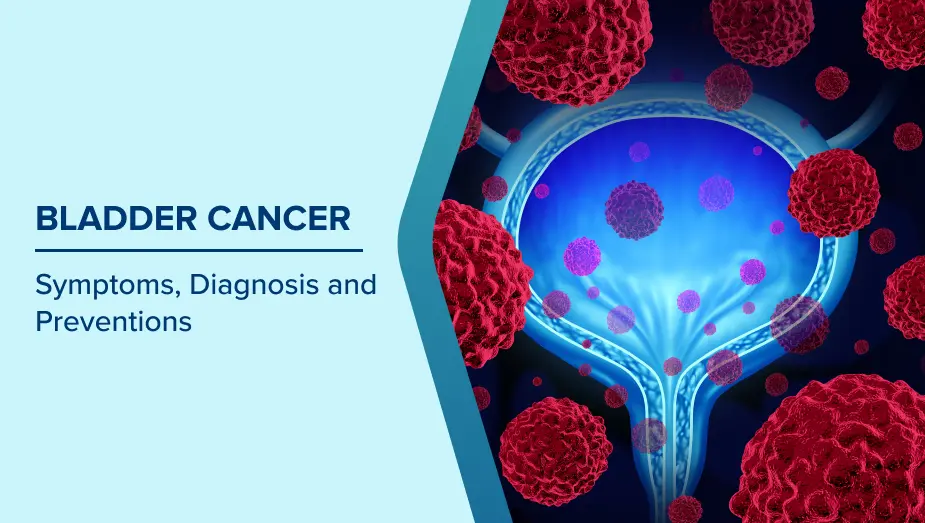Bladder cancer remains a formidable challenge in oncology, with clinicians emphasizing ongoing difficulties in effective management due to limitations in current therapies and diagnostic methods. Despite advances in cancer treatment overall, bladder cancer presents unique hurdles that complicate timely detection and hinder optimal therapeutic outcomes.
One of the critical barriers is the high recurrence rate of bladder cancer, which necessitates frequent monitoring and repeated treatments. Traditional diagnostic tools such as cystoscopy and urine cytology, though standard, have limitations in sensitivity and invasiveness, underscoring the urgent need for innovative, non-invasive diagnostic technologies that can detect bladder cancer at earlier stages with greater accuracy.
Therapeutically, options remain limited, particularly for advanced or metastatic bladder cancer. While immunotherapy and targeted treatments have opened new horizons, many patients experience resistance or significant side effects. There is a pressing demand for novel therapeutics that can improve survival rates and quality of life without compromising safety.
Multidisciplinary approaches combining urology, oncology, pathology, and radiology are increasingly recognized as vital to advancing bladder cancer care. Researchers and clinicians are also prioritizing personalized medicine strategies that tailor treatment based on molecular and genetic tumor profiles.
As the incidence of bladder cancer rises globally, especially among aging populations, heightened investment in research, early detection programs, and patient-centered care models are critical to overcoming the current obstacles.
More than news- Its Icegate

